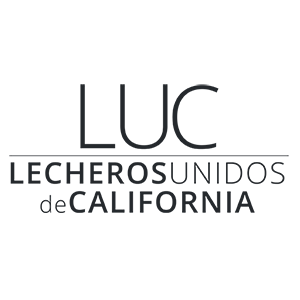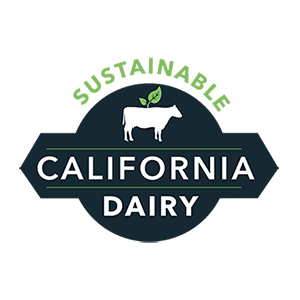By WUD Legislative Affairs Team
The California Legislature finished its deliberative actions last Tuesday, September 1st -closing the door to legislative policy until January 2023 and sending hundreds of bills to the Governor for consideration. Following some extraordinary negotiations into the wee hours of the morning, state elected officials have determined that increased food access includes expanded purchases of dairy and meat. Additionally, nuclear energy shall be a key component of California’s long-term energy portfolio, as well as eliminating selling new gas-powered cars after 2045.
Legislation negotiated by Governor Newsom provides a mechanism to relicense Diablo Canyon Nuclear Power Plant (DCPP) as a carbon-free source of electricity in California. The bill invalidates the retirement of DCPP and instead creates new retirement dates of 2029. Diablo Canyon supplies California 17% of its carbon-free electricity supply and 10% of the state’s total energy supply. Additionally, legislation passed that mandates renewable energy from zero-carbon sources must supply 90 percent of all retail sales of electricity to California by December 2035 and 95 percent by December 2040. The Governor negotiated both major energy bills, and it is expected that he will sign them by September 30th or before.
Of more direct import to California’s dairy farmers, a key bill passed the legislature that includes expanding access to dairy products across the state. WUD is pleased to see an amended version of AB 558, the “Child Nutrition Act of 2022” pass out of the legislature and onto the Governor’s desk. WUD supports the amended version of AB 558 because it keeps the focus on improving both the food and nutrition security of young children in California by establishing a program that will allow local educational agencies to serve eligible non-school-aged children breakfast or a morning snack. This type of program helps ensure that more children living in California have additional opportunities to enjoy California-grown, nutrient-rich, locally and minimally processed foods – like dairy milk, cheese, eggs, chicken, beef, fruits, and vegetables – that contribute to their health, growth, and development. Finally, locally sourced, minimally processed foods support California’s goal of reducing greenhouse gas emissions through ongoing research, innovation, and the steadfast commitment of producers across our great state.
When programs that increase access to school breakfasts and snacks are combined with smart policies supporting California-grown, locally and minimally processed, nutrient-rich foods, and programs like the California Farm to School Program, we can all be proud of the work we are doing to support the health and well-being of children, support local economies throughout the state, and promote environmental sustainability, animal welfare, and fair labor practices. For our members, we expect to see local dairy supply purchases increase by up to 10% for both milk and cheese.
WUD is pleased to see the amendments to the bill remove incentives to providing plant-based alternatives to dairy and meat, incentives that could put children’s nutrition security at risk. We also recognize that incentivizing educational agencies to favor plant-based meals over conventional meals is troubling because the prioritization of highly processed foods is inconsistent with the state’s Farm to School program, risks diverting funds intended to nourish all California school children, and risks increasing California’s GHG emissions while disadvantaging the state’s agricultural producers.










